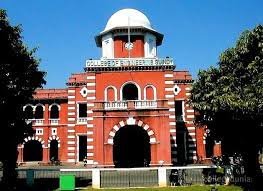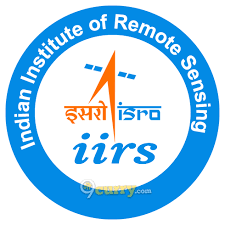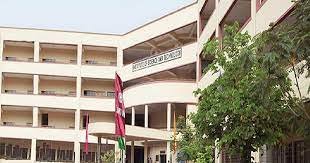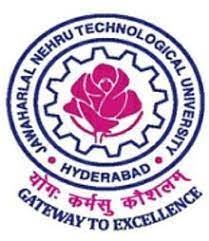Graduates have promising prospects in fields related to geospatial analysis, urban planning, environmental monitoring, and geoinformatics. They contribute to data-driven decision-making and spatial problem-solving.
Exploring the Future Scope and Benefits of M.Tech. Geomatics
Geomatics is a dynamic and interdisciplinary field that encompasses the acquisition, analysis, interpretation, and management of geospatial data. An M.Tech in Geomatics is a specialized program that offers advanced training and expertise in this field. Graduates of this program are equipped with the knowledge and skills to work at the forefront of geospatial technology, contributing to a wide range of applications in various industries. Here, we will explore the future scope and benefits of pursuing an M.Tech in Geomatics.
M.Tech. In Geomatics Future Scope
1. GIS and Remote Sensing:
Geospatial Information Systems (GIS) and Remote Sensing are fundamental components of geomatics. Graduates can work in roles related to spatial data analysis, cartography, and remote sensing data interpretation. This is particularly relevant in fields like environmental monitoring, urban planning, and disaster management.
2. Land Surveying and Cadastre:
Geomatics professionals play a pivotal role in land surveying and cadastral mapping, ensuring accurate land records, property boundaries, and land-use planning. This is essential for sustainable land management and property rights.
3. Navigation and GPS Technology:
With the increasing reliance on GPS technology in various sectors, including transportation, logistics, and agriculture, graduates can contribute to the development of navigation systems, precision agriculture, and location-based services.
4. Geospatial Data Science:
The rise of big data has led to the emergence of geospatial data science. Graduates can work on data analytics, machine learning, and spatial modeling to derive insights from vast geospatial datasets.
5. Smart Cities and Urban Planning:
Geomatics experts are instrumental in the development of smart cities, using geospatial data for urban planning, infrastructure management, and optimizing city services.
6. Environmental Management:
The field of geomatics is crucial for monitoring environmental changes, including deforestation, climate change, and natural resource management. Professionals can contribute to conservation efforts and sustainable resource utilization.
7. Transportation and Infrastructure:
Geomatics is integral to transportation planning, route optimization, and infrastructure development. Graduates can work on projects related to road networks, railways, and public transportation systems.
8. Disaster Management:
Geospatial technology plays a critical role in disaster preparedness, response, and recovery. Professionals can assist in disaster risk assessment, early warning systems, and emergency response coordination.
M.Tech. In Geomatics Benefits
1. High Demand for Expertise:
The increasing reliance on geospatial data in various industries ensures a high demand for geomatics professionals, leading to competitive salaries and job stability.
2. Interdisciplinary Skills:
Graduates acquire a diverse skill set, including geography, remote sensing, cartography, data analysis, and geodatabase management, making them adaptable to various roles within different industries.
3. Global Relevance:
Geomatics has global applications, offering opportunities for international careers and collaborations.
4. Problem-Solving Skills:
Geomatics professionals are trained to address complex spatial challenges, from urban planning to disaster management, enhancing their problem-solving abilities.
5. Innovation:
Graduates have the opportunity to innovate and develop new geospatial tools, technologies, and applications, contributing to advancements in the field.
6. Sustainable Practices:
The field emphasizes sustainable practices and responsible geospatial data management, particularly in environmental and land-use applications.
7. Community Impact:
Geomatics professionals have a significant role in improving the quality of life in communities by contributing to efficient urban planning, disaster resilience, and environmental conservation.
8. Continuous Learning:
The dynamic nature of geospatial technology ensures that professionals in geomatics engage in continuous learning, keeping their knowledge up-to-date with the latest advancements.
 2 Years
2 Years
 Post Graduate
Post Graduate
 Engineering
Engineering
 Full Time
Full Time






 back
back